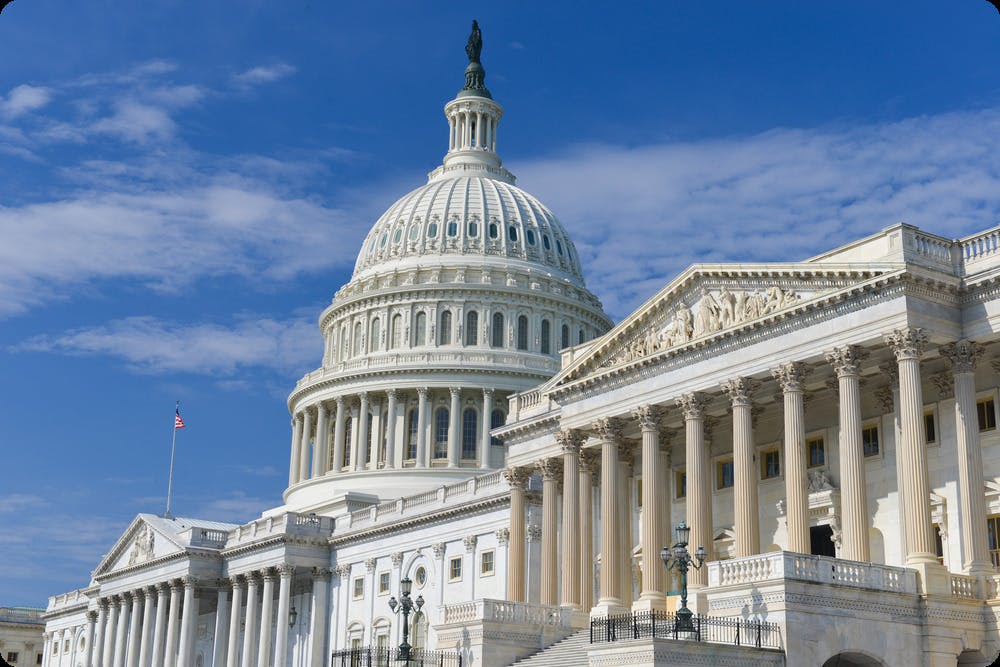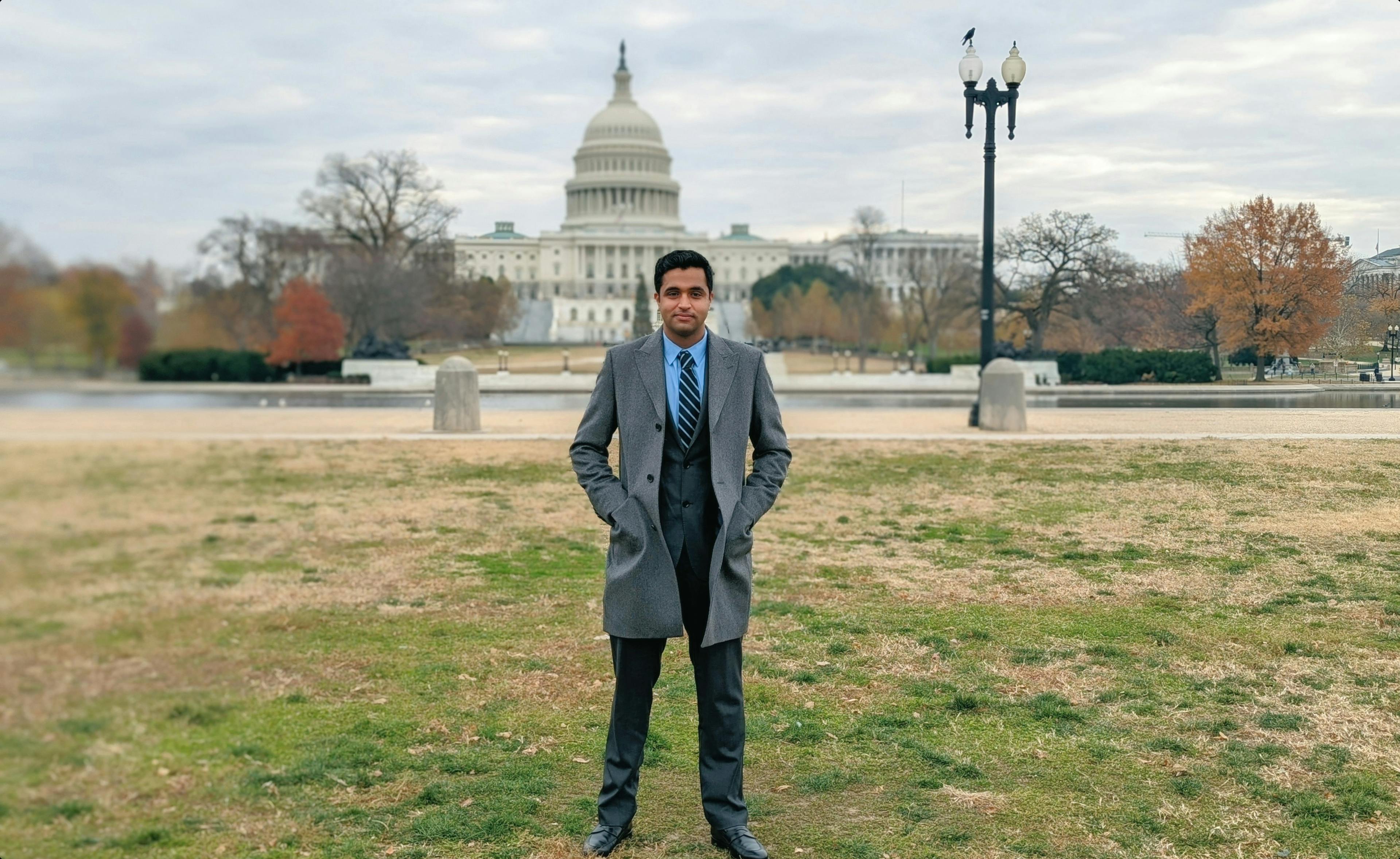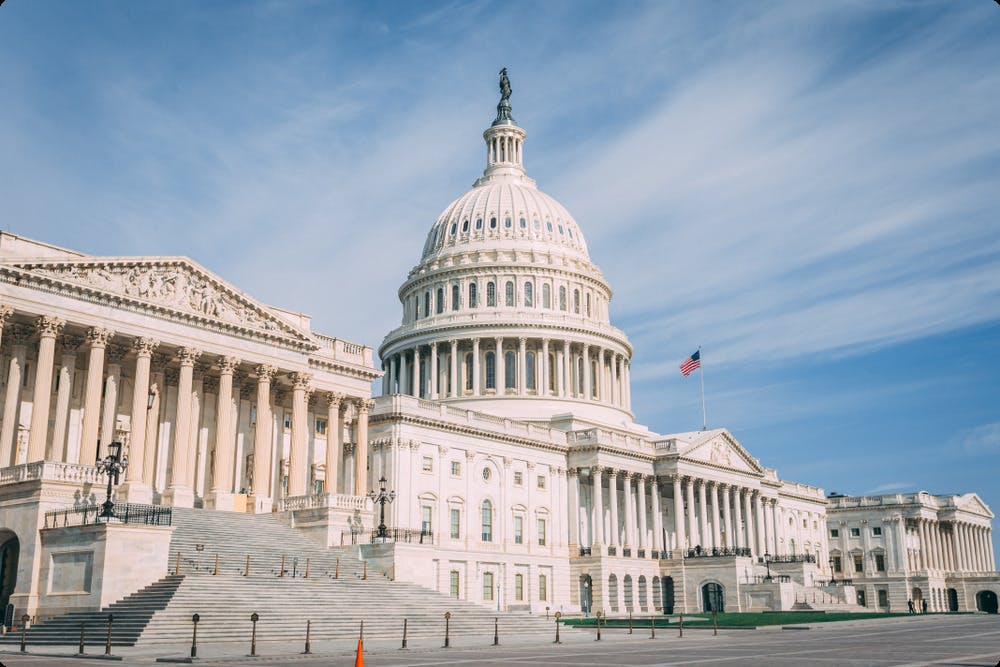Three immigration lawyers gave us their thoughts on grandfathering. There is unanimity that it must occur — with or without reauthorization. But even if grandfathering is implemented, several issues remain for existing investors. For example, many children from retrogressed countries are “aging out” during the program lapse. And grandfathering alone will not ensure that investors are protected from shifting rules or adjudication standards in the future.
EB-5 Weekly enlisted three immigration lawyers — Phuong Le, Andy Semotiuk, and Robert Gaffney — to share their thoughts on the critical issue of allowing EB-5 investors who have not yet been admitted as conditional permanent residents to complete the process.
1. The moral imperative for grandfathering
Lawyers usually like the certainty of regulations. In this case, regulations say petitioners who invested and filed petitions but have not yet been admitted as conditional permanent residents cannot proceed with processing unless the Regional Center Program is authorized. But in this case, lawyers agree that out of a basic sense of fairness the regulations must be changed.
Immigration lawyer Phuong Le addresses the fundamental issue behind grandfathering: “Basic fairness dictates that if you abide by a set of rules or terms when you entered into a deal or filed a case, then the other side should be bound by the same rules. No sane person would enter into an agreement where one side can freely change the rules later to fit their needs, and it’s only fair that the same would apply here when people uproot their families and move them thousands of miles to the U.S.”
Veteran lawyer Andy Semotiuk agrees that new regulations need to rectify the situation: “The U.S. should help foreigninvestors currently caught up in the fray created by the expiry of the EB-5 Regional Center program. They have been unfairly sidelined through no fault of their own.”
Whether or not Congress wants to act on an issue of basic fairness remains to be seen. Certainly, there appears to be no one in the industry opposed to taking care of past investors.
2. Protection from shifting rules
Grandfathering shouldn’t simply mean that investors stuck in limbo can proceed with processing according to the program rules have become current. The Foreign Investor Fairness Protection Act (FIFPA), proposed legislation drafted by a former USCIS Interim Director with the support of the American Immigrant Investor Alliance (AIIA), not only provides for protection from an expired program, but ensures that investors who are grandfathered are processed “under the eligibility rules in effect as of the time they file their initial immigrant petition, having already committed their investment.”
FIFPA, according to Phuong Le “provides a second shield which requires that their cases will be decided by whatever applicable EB-5 law was in effect at the time the investor filed their case. As anyone who's filed a sizeable number of EB-5 cases is well-aware,” Le explains, “it's especially important to ensure investors are not subject to any potential arbitrary and capricious interpretative rule-making or shifting adjudication standards by USCIS in the future.”
The founder of the AIIA, Ishaan Khanna, isn’t a lawyer but offers a clear perspective on why the provisions in FIFPA matter: “It’s protection from new changes in the program impacting old investors in line. If they change the rules in EB-5, the goal is it shouldn’t hurt folks that have already invested — they should still be judged by the old rules.”
One provision of note in the FIFPA text merits some special attention: “Eligibility… made possible through laws and temporary legislation in effect at the time an immigrant files a petition… shall remain governed by such laws and legislation even after their expiration, but without regard to special visa set asides or priority provisions that have expired.”
Le provides a professional interpretation of this section for us: “If there were any additional special visa set asides or temporary priority provisions that were also in effect at the time of filing (but have since expired), then those additional categories wouldn't be applicable. For example, there's theoretically a set aside for rural/TEA investments each year, but that may change in the future. So, the rules would be locked in, but any temporary preferential treatment wouldn't be.”
An EB-5 investment can represent a seismic change to an immigrant family’s life; it only makes practical and ethical sense that if they invested under certain rules that they should move forward with the same rules, even if the program changes in the future.
3. Grandfathering: with or without reauthorization?
For long-time immigration lawyer Robert Gaffney, grandfathering is not irrevocably tied to reauthorization, but he believes it’s “ideal” that the two happen together. “One of the reasons this is important is that it may be expected that the reauthorization bill will include important integrity provisions such as those contained in EB-5 Reform and Integrity Act of 2021,” states Gaffney.
As an example, Gaffney reminds us of provisions to allow good-faith investors who may have been defrauded to continue to participate in the EB-5 program by associating with an EB-5 entity in good standing.“Absent these integrity measures,” cautions Gaffney, “grandfathered EB-5 investors will remain vulnerable to the acts of bad players who, while only a small group of individuals, have had an oversized impact on good faith investors and the reputation of the EB-5 program.”
Semotiuk isn’t convinced that grandfathering will happen only as a result of reauthorization but feels strongly that it must happen either way. “I believe that grandfathering is a sine qua non [an essential condition] at this stage,” states Semotiuk. “Whether or not the Regional Center is renewed, foreign investors who invested in America need to be respected and their faith in the country acknowledged.”
Lawyer Le remains hopeful that reauthorization will occur, and grandfathering along with it. “Whether it's best as a stand-alone bill or better to be rolled up into more comprehensive EB-5 legislation is another matter, but hopefully when the EB-5 program is reauthorized it'll include grandfathering protections to put current investors at ease and allow future ones to invest with confidence.”
4. Grandfathering and aging-out of investor children
While legislation like FIFPA may offer investors the protection of being processed according to the rules in place at the time of their filing, this may not be enough for every family. The children of some investors may still need further protection against “aging out,” Gaffney counsels.
Upon filing an I-526 petition, an investor’s child's age is frozen at that time until the petition is finally adjudicated. But once the I-526 is approved, the child continues to “age” once again. This is an issue for families from countries who are retrogressed and must wait for the parent’s priority date to become current under the Visa Bulletin.
With the lapse of the Regional Center Program now lasting the better part of a year, Gaffney points out the current problem. “For those families, the period of program lapse will serve to lengthen their wait for quota and the likelihood that a child will ‘age out’ while waiting for quota.”
The FIFPA text does not address this issue, but Gaffney offers an answer: “A solution for this problem is to amend the proposed language of any grandfathering legislation to require that in making the Child Status Protection Act (CSPA) calculation, the period of time of program lapse be deducted from the age of the child in making the CSPA calculation.”
Once again, basic fairness based on the expectations of immigrant families who invested and filed during a period of program authorization should apply. If grandfathering comes to pass, we must hope that not only investors, but their children are given fair treatment.
5. What would a failure to grandfather past investors mean?
While everyone in EB-5 hopes for grandfathering, the possibility of its failure leads to grim predictions.
“Failure to pass a grandfathering provision now, whether or not reauthorization is attached, would be a terrible blow to our credibility and to the reputation Americahas overseas. We simply cannot afford such a mistake,” warns Semotiuk.
The future of tens of thousands of immigrant families hangs in the balance. As does the reputation of the U.S. as a welcoming and fair nation.








